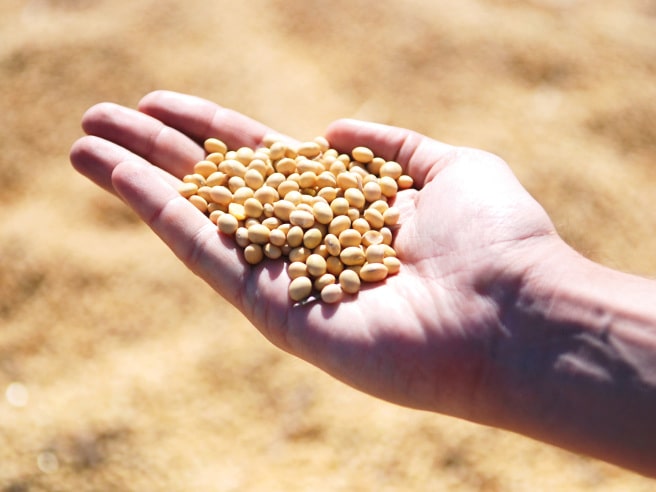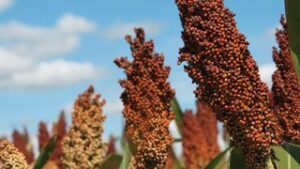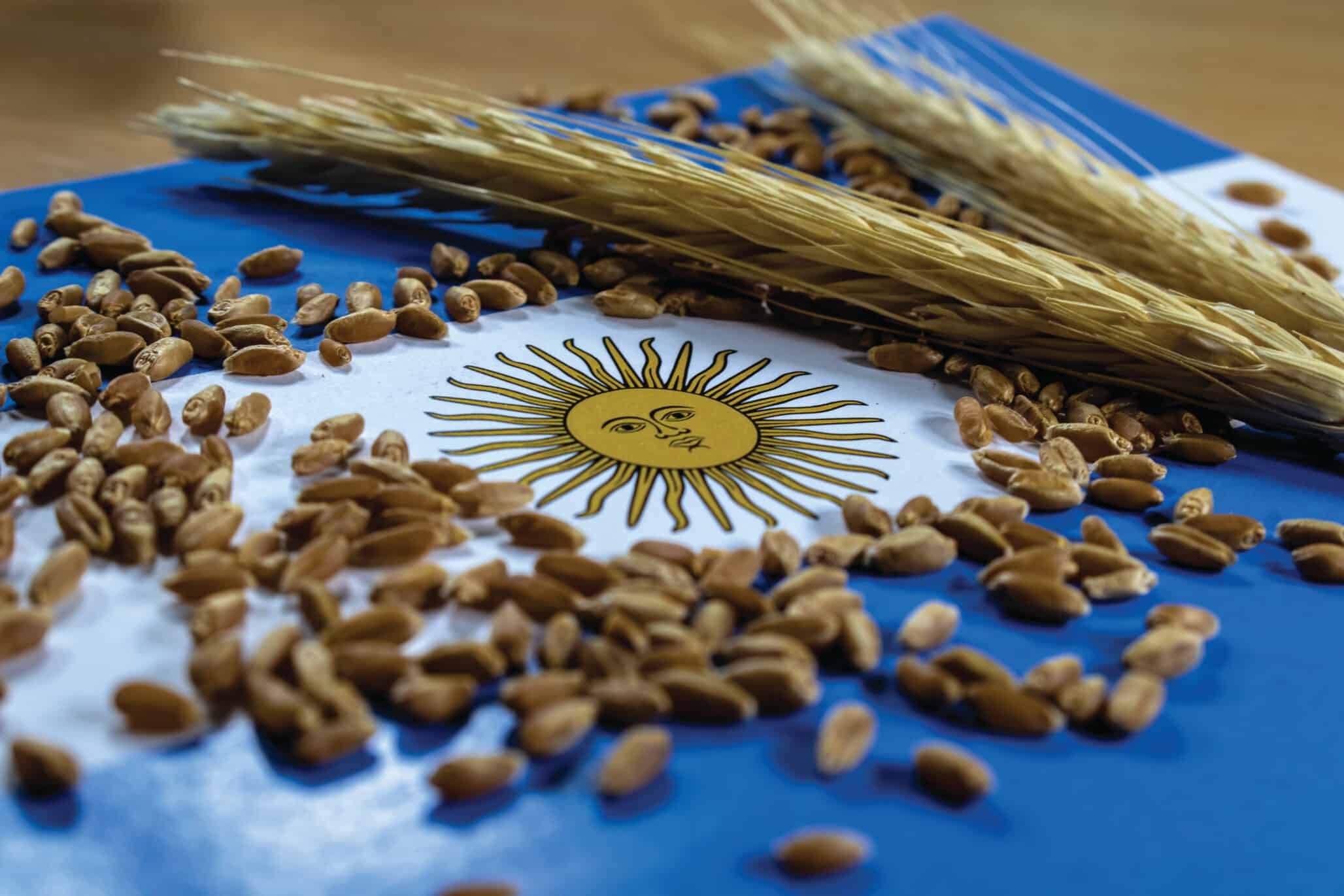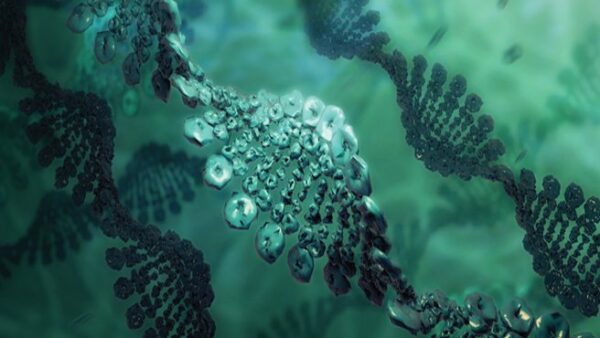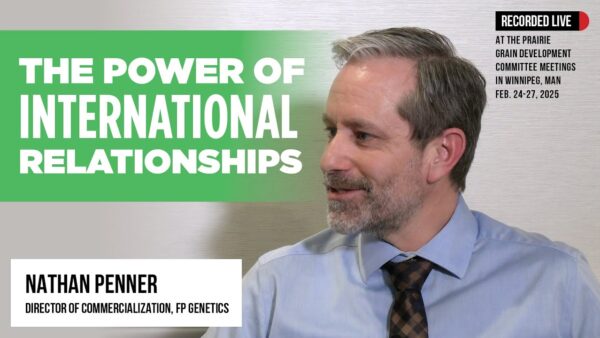Plant genetic improvement corporation GDM has expanded the presence of non-GMO edited soybeans in the South American market.
A drought-tolerant soybean variety has been approved for conventional planting in Brazil and Argentina. Soybeans containing a limited amount of raffinose and stachyose sugars have also been approved for conventional planting in Brazil, Argentina and Colombia, according to a release.
Data shared by Brazilian consultancy company AgRural exhibited below average soybean planting for the 2022/23 crop when compared to the same period the previous year. This decrease is due to dry and hot conditions, mainly in the Midwest of Brazil. This historical problem elevated the need for improved seeds that are available on the market.
GDM answered this call by obtaining the second edited soy classified in May 2022 and on November 25, 2022, sin Argentina through Comissão Técnica Nacional de Biossegurança – National Technical Commission on Biosafety (CTNBio), an entity responsible for carrying out the National Biosafety Policy concerning specific GMOs as non-GMO. The new variety was created for enhanced drought and heat tolerance.
“The global soy market suffers a lot from the impact of the rainfall regime,” explained André Beló, manager of new improvement techniques at GDM. “In this variety, we modified a gene that interferes with the plant’s response to drought and heat. These plants are advancing to the field evaluation stages, in which we hope to prove their effect.”
In addition to GDM’s drought-tolerant edited soybean, the company also secured the classification of Brazil’s first edited soybean. With fewer raffinose and stachyose sugars, this variety possesses a greater nutritional value and is much easier to digest.
“The company continues to produce larger volumes of seeds of this variety for final validations before the commercial launch,” continued Beló.
To develop this soybean, a gene native to the soybean had to be altered. The new protein version generated a 50 per cent reduction of stachyose and a 75 per cent reduction of raffinose.
“This variety was developed to create value for animal nutrition, improving not only the nutritional part, but the health of the animals,” emphasized Beló.
In September 2022, GDM received a favorable evaluation for the variety from the Argentine government, classifying it as non-GMO. GDM conducted a consultation with the Columbian government, resulting in a favorable opinion in December of last year. The company is now working to strengthen contacts with local companies that have shown interest in the soybean.


